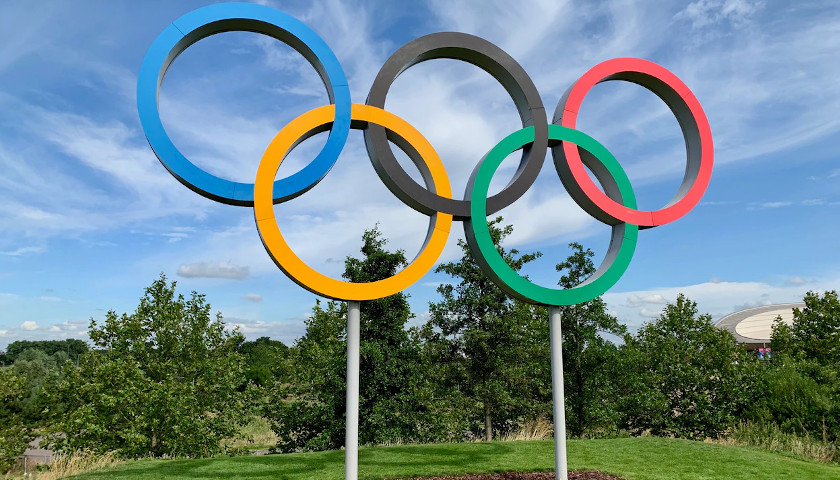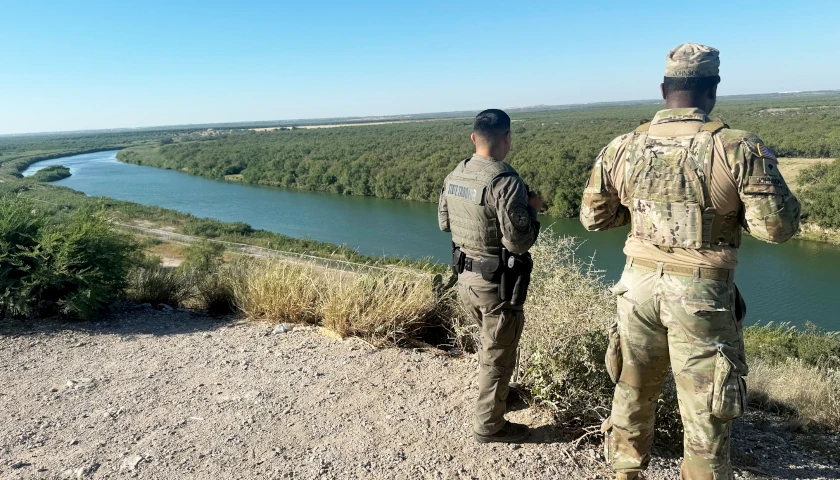The 2020 Olympics have been delayed for about a year after an agreement was reached between Japan and the International Olympic Committee.
Japanese Prime Minister Shinzo Abe announced the delay of the 2020 Olympics to no later than the summer of 2021 after holding talks by telephone Tuesday with Olympic Committee President Thomas Bach. The games were originally scheduled to begin on July 24.
Abe said Tuesday the postponement came after months of escalating pressure from some participating countries and athletes.
The IOC and the Tokyo 2020 Organizing Committee said in a joint statement the delay was necessary to “safeguard the health of the athletes, everybody involved on the Olympic Games and the international community.”
The delay moved closer to reality on Sunday when the Canadian Olympic Committee said it was withdrawing from the games, and Australia’s committee members informed its athletes they could not adequately train for the summer games after coronavirus control restrictions were imposed.
Italy, meanwhile, which has suffered by far the deadliest consequences of the novel coronavirus outbreak, reported Tuesday a third consecutive day in which its daily deaths and new infections declined.
The 601 deaths recorded Monday are still a staggering figure, but one that is a vast improvement from nearly 800 on Saturday.
Italy has reported more than 6,000 deaths and has the second highest overall number of cases. Officials put the entire country on lockdown two weeks ago in hopes of stopping the spread of the virus that has reached nearly every country on the planet.
South Korea, which once held the position of being one of the hardest-hit nations, showed its own continued progress, reporting Tuesday a daily rise in new cases of 76. That was its 13th consecutive day below 100.
Meanwhile China continues to report its own improvements with just four locally transmitted cases in its latest figures Tuesday.
Officials said healthy people in Hubei province, the center of the outbreak, will be able to leave the province after two months of lockdown. The provincial capital, Wuhan, will see the same relief in early April.
But worries persist about a comeback for the virus in China, the place it was first detected in late December, due to cases among people who arrive from elsewhere in the world. China reported 74 such imported cases Tuesday.
Those fears have prompted governments all over the world to institute travel restrictions.
Beginning Tuesday, Cuba is barring all tourists from entering the country. Those already there will go into mandatory quarantine, while Cuban citizens will not be able to leave the island.
South African president Cyril Ramaphosa announced a three-week, nationwide lockdown will begin Thursday as the country’s case count rose to 554.
In the United States, about one-third of the population is under stay-at-home orders issued by state governors. The latest was the governor of Hawaii telling people to not go out except for essential trips, while the governor of the western state of Washington tightened an existing order to include closing non-essential businesses.
U.S. President Donald Trump also signed an executive order Monday which criminalizes the stockpiling of personal protective equipment that medical personnel need to stay safe while treating coronavirus patients.
With the national and global response to the outbreak taking an economic toll, U.S. political leaders met late into Monday night trying to finalize an agreement on a massive economic rescue package. They expressed confidence they can reach a deal on Tuesday.





